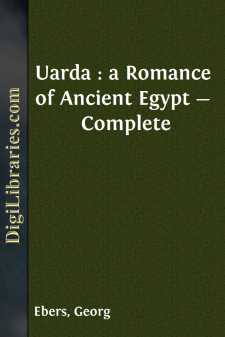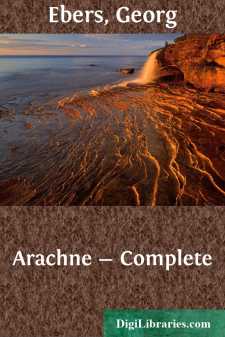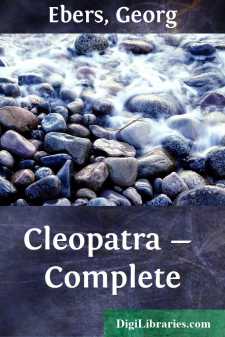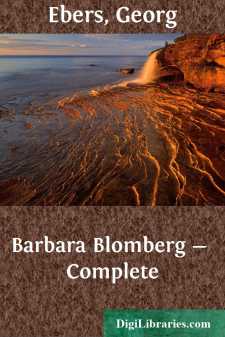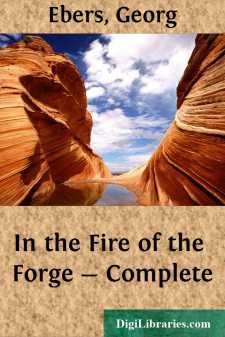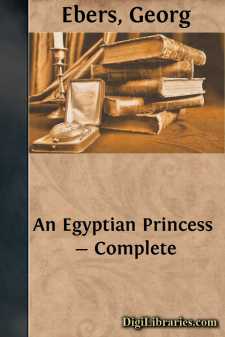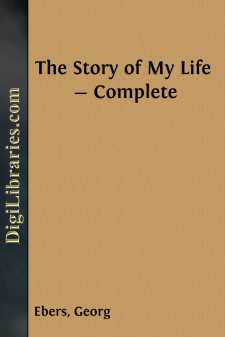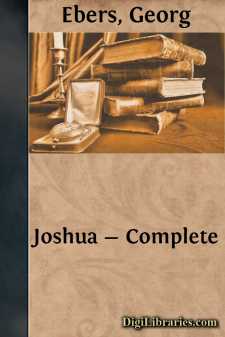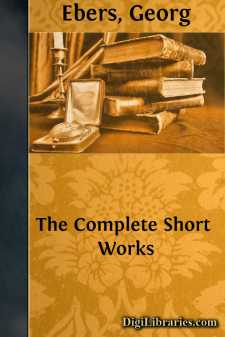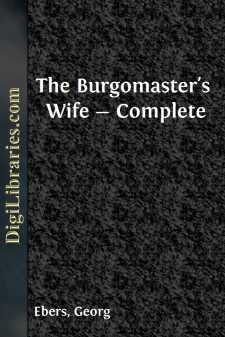Categories
- Antiques & Collectibles 13
- Architecture 36
- Art 48
- Bibles 22
- Biography & Autobiography 813
- Body, Mind & Spirit 142
- Business & Economics 28
- Children's Books 15
- Children's Fiction 12
- Computers 4
- Cooking 94
- Crafts & Hobbies 4
- Drama 346
- Education 46
- Family & Relationships 57
- Fiction 11828
- Games 19
- Gardening 17
- Health & Fitness 34
- History 1377
- House & Home 1
- Humor 147
- Juvenile Fiction 1873
- Juvenile Nonfiction 202
- Language Arts & Disciplines 88
- Law 16
- Literary Collections 686
- Literary Criticism 179
- Mathematics 13
- Medical 41
- Music 40
- Nature 179
- Non-Classifiable 1768
- Performing Arts 7
- Periodicals 1453
- Philosophy 64
- Photography 2
- Poetry 896
- Political Science 203
- Psychology 42
- Reference 154
- Religion 513
- Science 126
- Self-Help 84
- Social Science 81
- Sports & Recreation 34
- Study Aids 3
- Technology & Engineering 59
- Transportation 23
- Travel 463
- True Crime 29
Uarda : a Romance of Ancient Egypt - Complete
by: Georg Ebers
Categories:
Description:
Excerpt
PREFACE.
In the winter of 1873 I spent some weeks in one of the tombs of the Necropolis of Thebes in order to study the monuments of that solemn city of the dead; and during my long rides in the silent desert the germ was developed whence this book has since grown. The leisure of mind and body required to write it was given me through a long but not disabling illness.
In the first instance I intended to elucidate this story—like my "Egyptian Princess"—with numerous and extensive notes placed at the end; but I was led to give up this plan from finding that it would lead me to the repetition of much that I had written in the notes to that earlier work.
The numerous notes to the former novel had a threefold purpose. In the first place they served to explain the text; in the second they were a guarantee of the care with which I had striven to depict the archaeological details in all their individuality from the records of the monuments and of Classic Authors; and thirdly I hoped to supply the reader who desired further knowledge of the period with some guide to his studies.
In the present work I shall venture to content myself with the simple statement that I have introduced nothing as proper to Egypt and to the period of Rameses that cannot be proved by some authority; the numerous monuments which have descended to us from the time of the Rameses, in fact enable the enquirer to understand much of the aspect and arrangement of Egyptian life, and to follow it step try step through the details of religious, public, and private life, even of particular individuals. The same remark cannot be made in regard to their mental life, and here many an anachronism will slip in, many things will appear modern, and show the coloring of the Christian mode of thought.
Every part of this book is intelligible without the aid of notes; but, for the reader who seeks for further enlightenment, I have added some foot-notes, and have not neglected to mention such works as afford more detailed information on the subjects mentioned in the narrative.
The reader who wishes to follow the mind of the author in this work should not trouble himself with the notes as he reads, but merely at the beginning of each chapter read over the notes which belong to the foregoing one. Every glance at the foot-notes must necessarily disturb and injure the development of the tale as a work of art. The story stands here as it flowed from one fount, and was supplied with notes only after its completion.
A narrative of Herodotus combined with the Epos of Pentaur, of which so many copies have been handed down to us, forms the foundation of the story.
The treason of the Regent related by the Father of history is referable perhaps to the reign of the third and not of the second Rameses. But it is by no means certain that the Halicarnassian writer was in this case misinformed; and in this fiction no history will be inculcated, only as a background shall I offer a sketch of the time of Sesostris, from a picturesque point of view, but with the nearest possible approach to truth....


